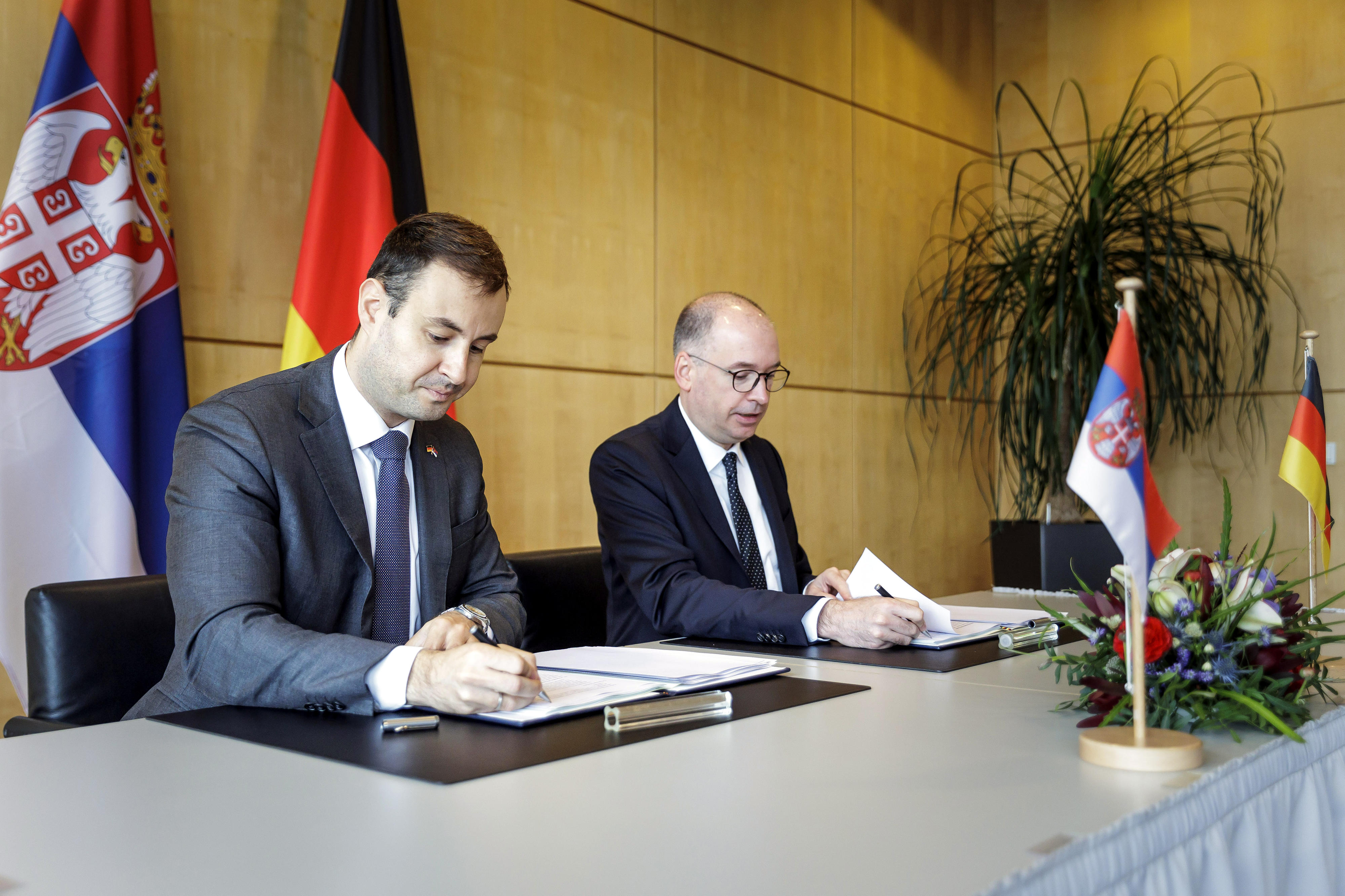Government negotiations Germany is supporting Serbia’s green transformation
Annen said: “The ongoing Berlin Process has underlined the potential that lies in closer cooperation between the Western Balkans states and the EU. We are actively supporting Western Balkans countries like Serbia on their path of EU accession. We would like to encourage Serbia to vigorously push through the necessary reforms as a pioneering ground breaker in the region. Our development cooperation has a twofold impact here: It supports the Serbian reform process and it assists the country in carrying out a key task for the future: overcoming the climate and energy crisis.”
When it comes to scaling up renewable energies, Serbia still has a long way to go. The country derives 60 per cent of its electricity from coal. In addition, its power stations are often outdated. Serbian power plants are some of the biggest emitters of fine particle dust and sulphur dioxide in Europe. At the same time, however, the country has huge potential for scaling up renewable energies like solar, wind and hydropower.
The existing climate partnership with Serbia is therefore to be invigorated with German development cooperation support towards a green transformation. The specific support from Germany together with the EU will involve financing a wind farm in Serbia, providing loans to assist companies with their green transformation, equipping roofs with solar panels and supporting the creation of more possibilities for private individuals and for public sector electricity customers to feed power into the national grid.
The BMZ is engaging furthermore in efforts to foster a “green” economy – through vocational training and support for micro, small and medium enterprises in sectors that are particularly important for the energy transition. Besides developing curricula and training teachers at vocational training schools, activities that are being carried out in close cooperation with the private sector, Germany will also be financing the expansion and equipping of vocational training schools.
In addition, the BMZ is supporting Serbia in carrying out an administrative reform and in fighting corruption, both of which are key for EU accession. Since 2000, Serbia has been going through a process of transformation towards a market-oriented democracy. In January 2014, the EU began accession negotiations with the Western Balkans state.
On 2 March 2022, Serbia voted in the UN General Assembly for the Resolution condemning Russia’s invasion of Ukraine. The country likewise voted on 12 October 2022 against Russia’s annexation of areas of eastern Ukraine. Annen said: “It is a sign of solidarity with European values that Serbia has condemned Putin’s war against Ukraine despite its traditional links to Russia.”

